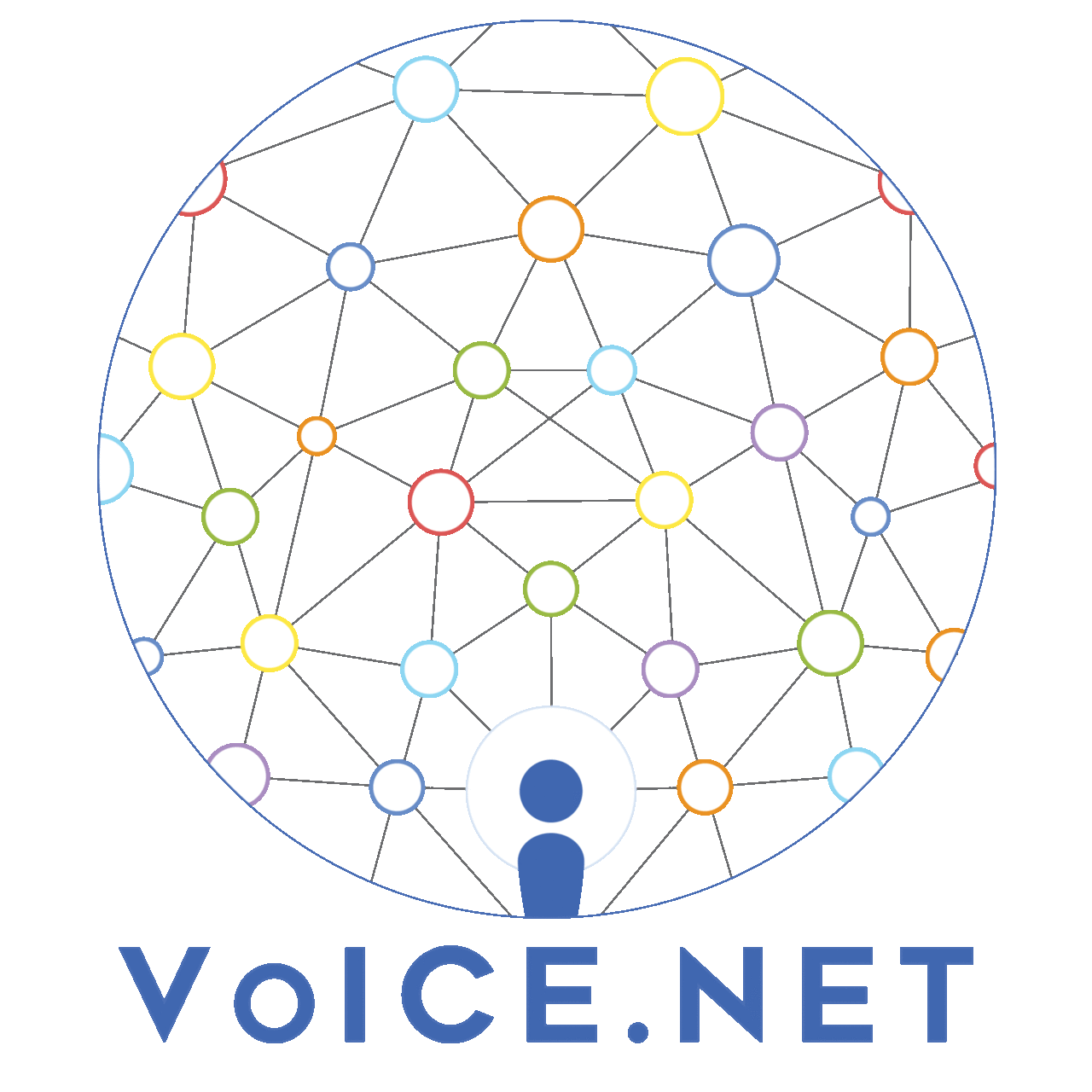
Global Knowledge Network On Voter Education - learning from each other
 From mayoral elections to national presidential elections, voting affects all citizens’
lives. All countries have a legal framework in place to protect the right of their
citizens to participate in the political and civic life. Research has shown that college-
aged youth think that there is not enough information out there for them about voting.
Students are at a loss for information about where to register to vote and how to
vote. Not only that, but they also are lacking information about candidates and issues
and lacking the motivation to vote.
From mayoral elections to national presidential elections, voting affects all citizens’
lives. All countries have a legal framework in place to protect the right of their
citizens to participate in the political and civic life. Research has shown that college-
aged youth think that there is not enough information out there for them about voting.
Students are at a loss for information about where to register to vote and how to
vote. Not only that, but they also are lacking information about candidates and issues
and lacking the motivation to vote.
In order to reach the youth aged between 18-24 years, information about how to directly reach them is vital. It also doesn’t make voting cool “to stand in line just to check a box”, it has to be meaningful to them, and they need to realize how these issues affect them. College-aged youth have a large number of differing opinions on current issues, and they come from all walks of life. Often, these opinions are shared through social media, a powerful tool for today’s youth. Therefore, it is important to be innovative to provide youth with information, and to place information at the fingertips of the new voting population.
As part of the political reform in Jordan, the Independent Election Commission (IEC) was established in 2011, and one of the roles of the IEC, is to raise awareness among the public in order to encourage political and civic participation throughout the electoral cycle. The IEC realized the importance of reaching out to the youth to convince them to engage and hopefully to vote.
The social media strategy included the following:
• Use of all social media tools- websites, Twitter, Facebook, YouTube.
• Provide responses to any inquiries in a fast and professional manner.
• Simplify the information through visual tools, info graphs and videos.
• Transparency in providing information to the public.
The Google form application was used to encourage volunteers to register in the volunteer program of the IEC. 6000 young volunteers registered through this application out of 10, 000 volunteers who participated in the volunteers program during election period.
As a result, the IEC achieved the following:
Responded to 97 percent of the questions with an average of 6 minutes
response time.
• Created 4 videos which were viewed by an average of 51k people each.
• Created 2 games, and one calculator. The games were played by 10k people,
and the calculator was used by an average of 7k people every time we posted it on
social media.
• The trend of the youth engagement shifted from “we don’t want to vote” at the
beginning of the campaign to “where I can go to vote?”
• Produced videos of political messages, presented by the commissioners, the
first one by the president of the IEC was watched by 1k people every hour for the
first 24 hours
As an Election Management Body, at the IEC we learned the following:
• Engage youth in planning your strategy for youth awareness and education as
they are the best to communicate with their peers.
• Messages need to be clear, meaningful and motivating.
• Teach students civics and inspire them to be active citizen at an early age.
• Give the youth the forum and space to express themselves freely, and
respond with facts without criticizing them.
• Practice transparency and clarity in your communication.
In conclusion, decision makers need to always remember that youth without opportunities or a connection to their communities may result in negative behaviours including substance abuse, delinquency, risky sexual behaviour and dropping out of high school. Alternatively, young people with a clear sense of identity, a positive sense of self-worth and opportunities to achieve are likely to be successful. Preparing youth for successful transition to adulthood is an important investment which will increase the well-being of the next generation and ultimately the well-being of the whole society. Encouraging youth electoral participation for young people and future voters should be a continuous effort throughout the electoral cycle, and it should be a collective responsibility of the policymakers, government, the education institutions, the media and the civil society.
Mrs. Samar Haj Hasan,
Commissioner, Independent Election Commission-Jordan